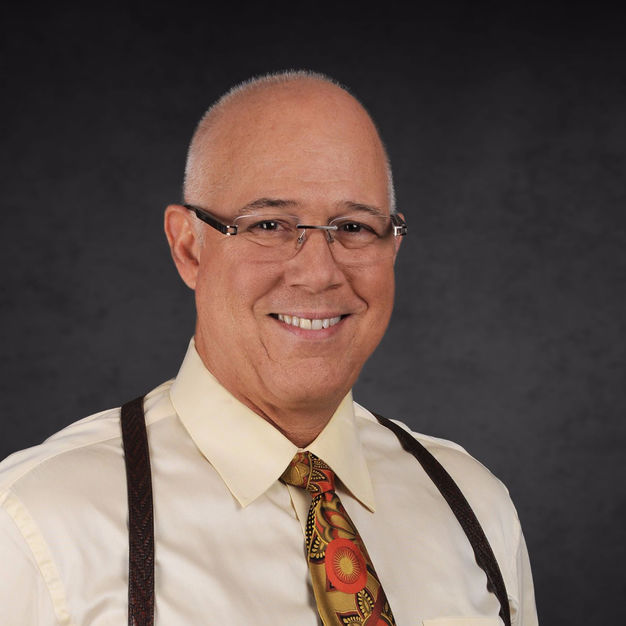🚀 From Google Podcasts to Moon FM in No Time: Your Hassle-Free Migration Guide
👉

Learn the art of outsmarting from the defense’s worst nightmare himself, Keith Mitnik. Join the star litigator each month as he shares his “trial nuggets” — proven trial preparation exercises that can block the defense and turn a case in your favor — in his new podcast, Keith Mitnik’s Monthly Brushstrokes.
Your feedback is valuable to us. Should you encounter any bugs, glitches, lack of functionality or other problems, please email us on [email protected] or join Moon.FM Telegram Group where you can talk directly to the dev team who are happy to answer any queries.